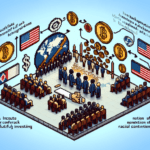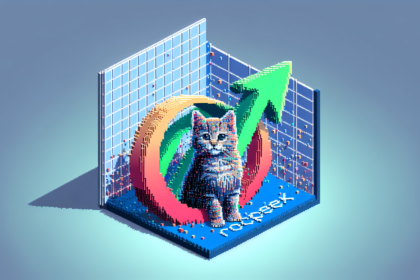Tezos Blockchain Embraces Sustainable Techno Art Event for Plastic Free July
Tezos blockchain, known for its energy efficiency, joined Ribela Love Nature, a sustainable techno art event, to support Plastic Free July’s environmental goals.
Tezos has been a favorite in the art world since its 2017 ICO. AI artists like Refik Anadol utilize it for efficient, low-cost transactions and smart contracts.
Tezos has partnered with Art Basel since 2021 and Serpentine Arts Technologies in 2023. This year, it features in Ribela Love Nature with over 100 artworks and various NFT sales.
Plastic Free July, started in Australia in 2011, highlights the impact of plastic waste. It’s a key initiative of the Plastic Free Foundation, aiming for a world free of plastic waste.
The campaign played a significant role in adopting the world’s first Plastic Treaty at the UNEP meeting in 2022, supported by 175 nations. The treaty could be implemented by 2025.
My Plastic Free July art exhibits by Selva Ozelli emphasize plastic pollution’s harm on marine animals, held at two museums:
- Putnam History Museum—Healing Waters by Selva Ozelli:
- Havre de Grace Maritime Museum—Moody Blue Crabs by Selva Ozelli:
Scaling up Tezos
Tezos X vision announced Jstz, a smart rollup powered by JavaScript, enhancing interoperability and scalability for the Tezos ecosystem.
This development aims to make Tezos a cloud-like backend for various applications, leveraging JavaScript tools, APIs, and libraries.
NFT Tax Reporting Regulations Finalized
On June 28, 2024, the US Treasury Department and IRS issued final regulations mandating broker reporting for digital assets, including NFTs, starting in 2025.
The rules require brokers to track customers’ token cost basis from 2026 and file 1099-DA forms for transactions exceeding $600 annually.
These regulations provide clarity and transparency for NFT platforms and artists, aiding in tax compliance and closing the crypto tax gap.











